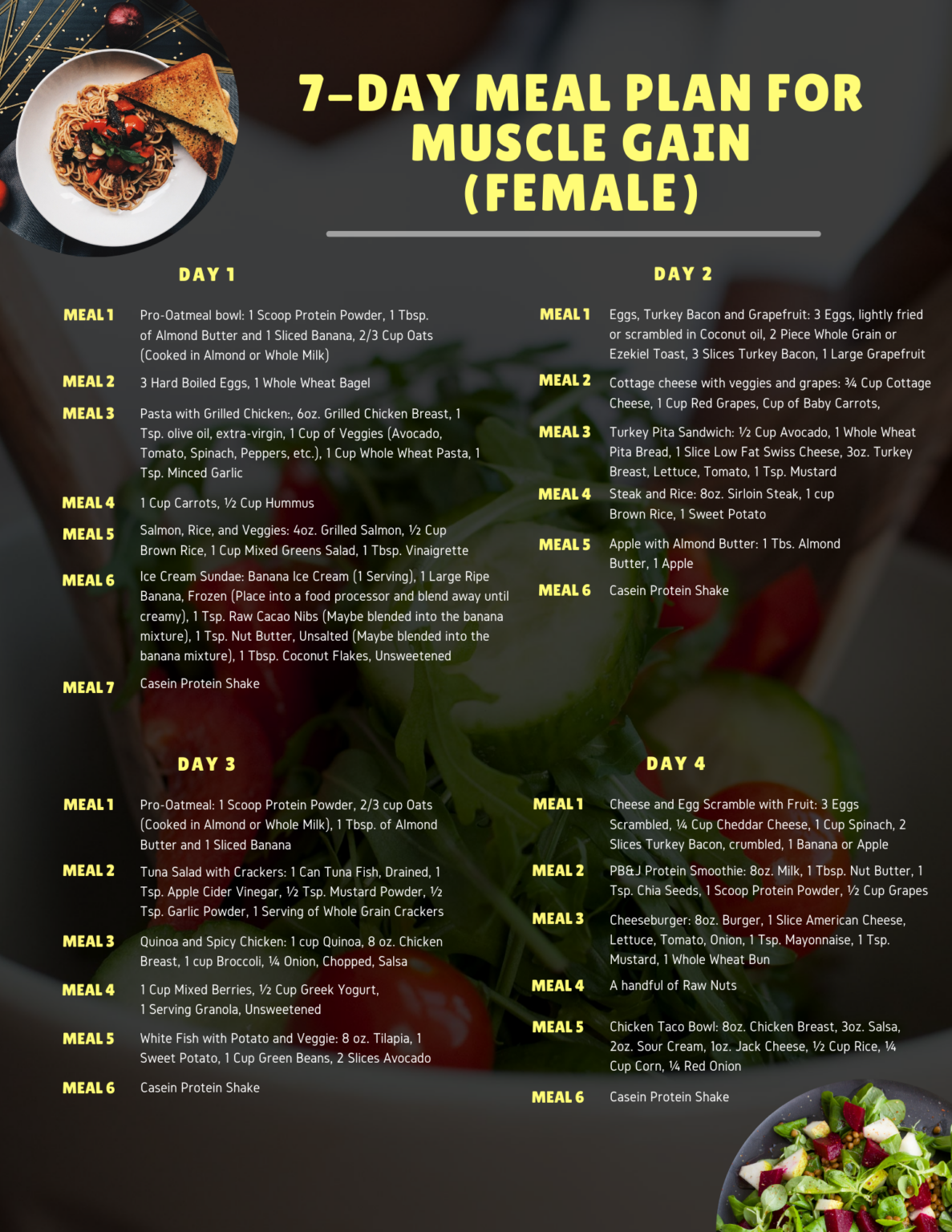In today's wellness-focused society, understanding the field of dieting is more important than ever.
With countless options available, it can be daunting to sort through the multitude of diets to find the one that aligns best with your specific goals and lifestyle. From my latest blog post like Keto and Whole30 to time-tested approaches such as the Mediterranean eating plan, each has specific principles and potential benefits.
As we explore different diet types, our focus will be on research-supported approaches that emphasize the effectiveness and fit of each for various individuals.
In this guide, we will provide a thorough overview of the leading diet types, detailing the advantages and disadvantages of each plan. Whether you're looking for weight loss, increasing muscle, or boosting your overall health, there is a diet that can meet your needs. We will dive into how these diets influence your body, compare their effectiveness, and offer tips on how to select the right one for you. Join us as we set out on this journey into the field of dieting, empowering you to make informed choices about your dietary path.
Trending Dietary Styles Explained
Regarding diet plans, a lot of people seek alternatives which not only match one's health aspirations and also fit one's lifestyle. Some of the most widely recognized dietary patterns are the keto diet, that centers around high fat intake and low carbohydrates. It encourages a state of ketosis, a metabolic state that aids the body utilize fat as energy instead of carbohydrates. It is well-regarded for rapid weight loss but can be challenging to maintain long-term due to its limiting nature.
An additional well-known diet includes the Mediterranean-style diet, which emphasizes natural foods, healthy fats, and abundant produce. This eating pattern celebrates the benefits of consuming lean proteins like fish, nuts and legumes, along with moderate amounts of dairy and minimal amounts of beef. Dieticians commonly support the Mediterranean diet for its heart-healthy advantages and its potential to lower the chances of chronic diseases.
For individuals seeking a flexible approach, the semi-vegetarian diet promotes plant-based eating while permitting intermittent meat intake. It promotes health and eco-friendliness, making it more accessible for individuals to adopt without completely dedicating themselves to vegetarianism. Focusing on grains, legumes, and a variety of vibrant produce, the flexitarian diet provides essential nutrients and caters to dietary choices.
Diet Pros and Drawbacks
When considering various diets, it's essential to consider their advantages and drawbacks. Many popular diets, such as the Keto and Paleolithic diets, boast effectiveness in promoting quick weight loss. These diets frequently lead to initial results that can be motivating. However, the limiting nature of some diets may make them difficult to maintain over the extended period, causing potential yo-yo dieting or nutritional deficiencies if not managed properly.
On the flip side, diets like the Mediterranean-style diet focus on balance and long-term success, promoting a diverse range of foods that can be enjoyable and more manageable to follow. This diet is commonly praised by health professionals for its heart-healthy benefits. Yet, the inclusion of moderate consumption can sometimes result in gradual progress for those looking for quick weight loss, which may discourage some individuals who are aiming for immediate results.
Additionally, specific and therapeutic diets, such as the DASH or FODMAP diets, offer significant health advantages for particular conditions. They can help manage blood pressure or digestive issues successfully. However, these diets may require careful observation and modifications, making them more complex for the average person. Ultimately, the decision of diet should reflect personal goals, lifestyle, and health needs.
Choosing the Right Diet for Your Needs
Selecting the ideal nutritional plan is a subjective journey that depends on multiple factors such as your way of life, wellness objectives, and eating preferences. Start by evaluating what you want to accomplish—whether it's weight loss, building muscle, or merely healthier eating habits. Think about your routine and the types of food you like. Some diets require rigorous following, while others provide for greater leeway. For https://notes.io/wGK6F in point, if you live a busy lifestyle, a diet like IF might be more manageable to follow in contrast to rigid plans.
Another important factor to consider is any specific health concerns you may face. For case, those with diabetic conditions should explore dietary plans for diabetes that target regulating glucose levels, while individuals with a gluten sensitivity might find advantage in a gluten-free diet. Talking to a primary care physician or a nutritionist can give valuable insights into which eating plan fits your medical needs and goals.
Lastly, consider the long-term aspect. The best eating plan is one that you can sustain in the extended period. If you take pleasure in food and dining, select a plan that includes foods you enjoy. For case, if you enjoy vegetarian options, a flexitarian diet could be ideal, allowing some animal products while prioritizing vegetables and grains. Don't forget, the objective is to improve your overall well-being while enjoying your food.

